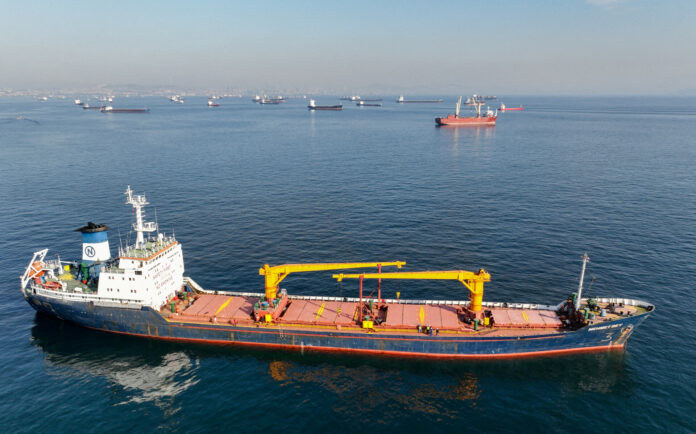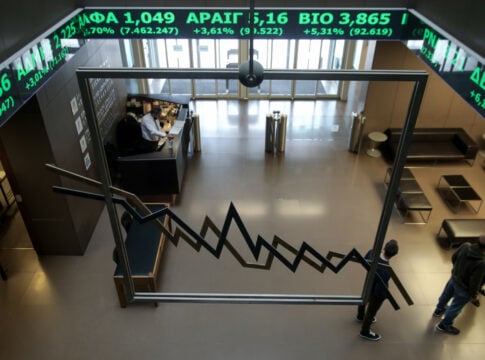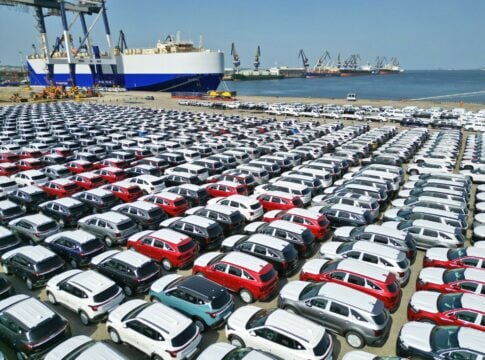Freight rates and insurance premiums for ships entering the new sea corridor that Ukraine has “set up” have skyrocketed after the end of the joint initiative with Russia in the summer.
As Xclusiv Shipbrokers reported, the newly established – by the Ukrainian government – Black Sea grain corridor is compensating shipowners who take the risk of sending their ships there.
Analysts reported that the average daily revenue for handysize bulk carriers in the spot market was at 12,144 dollars at the end of the week while a bulker of the same type visiting Ukrainian ports north of the Danube to transport grain gains more than 40,000 dollars a day.
Up to 4% increase in insurance premiums
In any case, however, the increased risk of crossing the area brings about a significant increase in premiums.
As Irini Diamantara and Dimitris Roumeliotis, executives of the Research and Valuation department of Xclusiv Shipbrokers, told “Naftemporiki”, the marine insurance market started preparing to provide war risk coverage for Ukraine’s grain shipments to the Black Sea as of the end of September.
“The more ships Ukraine sends and protects in the corridor, the more it encourages insurers to provide coverage and shipowners to send ships on additional voyages,” the analysts stated.
“War risks premiums (additional insurance premiums due to war) are always recorded in high risk areas and especially in war risk zones. It is certain that in this case the shipowners who send their ships there pay such premiums,” the two analysts explained.
Citing market information, they underlined that the increase in the insurance premiums of the ships reaches 2.5-4%, while the increase in cargo insurance moves at the same levels.
Of course, the shipowners who pay the premiums are compensated by the particularly high freight rates.














